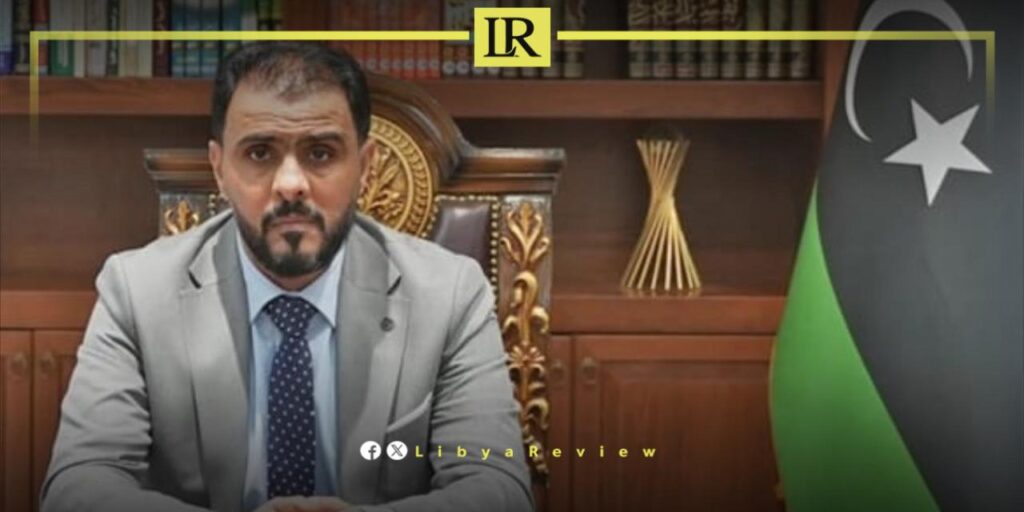Libyan Prime Minister of the Parliament-designate government, Osama Hammad has called on the European Union, particularly Italy and Greece, to revise their migration strategies, warning of the growing link between irregular migration and transnational crime.
Speaking on Wednesday at the opening of the International Scientific Conference on “Transnational Crimes and Their Impact on Libyan National Security”, organised by the Ministry of Interior, Hammad stressed that cross-border crimes pose one of the gravest threats to Libya and the wider region. He cited the exploitation of irregular migration routes by terrorist groups, taking advantage of Libya’s vast and porous borders.
The event brought together members of the House of Representatives, government ministers, deputy ministers, senior military and security officials, as well as representatives of regional and international organisations, academics and experts. Delegates discussed research papers and studies aimed at developing national security strategies.
Hammad criticised the EU for what he described as a lack of serious commitment to the policies needed to curb irregular migration and related crimes. He singled out Mediterranean states such as Greece and Italy as the main destinations for migrants, alleging that organised criminal groups influence political decision-making in these countries.
The Libyan premier urged the EU to reconsider its approach and address the individuals and networks profiting from migration, warning that such exploitation undermines international efforts and weakens policies to combat illegal migration.
He called for genuine cooperation with countries of origin and transit, stressing that migration is now a global challenge requiring more than “rhetorical commitments”.
Hammad concluded that the conference was a strategic opportunity to exchange expertise and develop actionable recommendations to strengthen Libya’s unified national security vision. He reaffirmed his government’s support for integrated work between the Interior Ministry, armed forces, and judicial institutions to protect national security.


